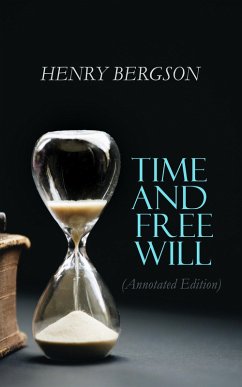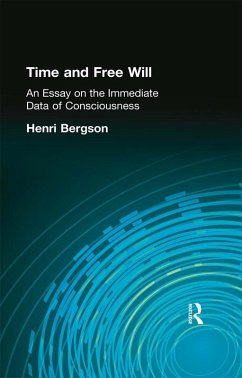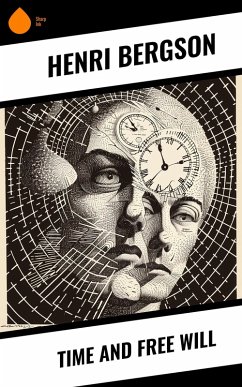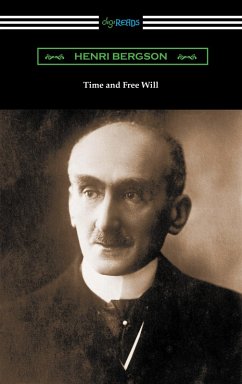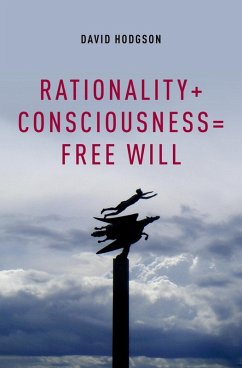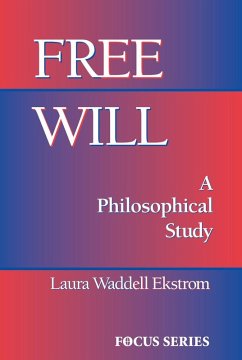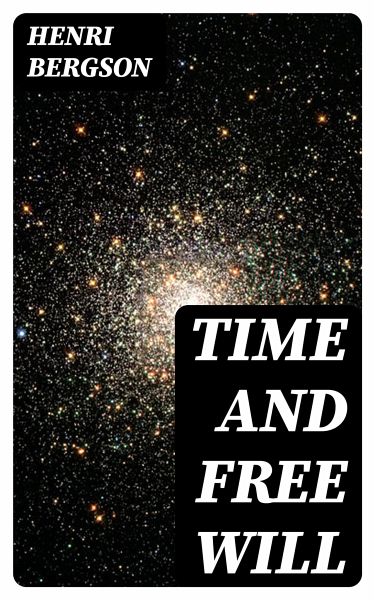
Time and Free Will (eBook, ePUB)
An Essay on the Immediate Data of Consciousness
Übersetzer: Pogson, Frank Lubecki

PAYBACK Punkte
0 °P sammeln!
In "Time and Free Will," Henri Bergson presents a groundbreaking exploration of the concept of time and its implications for human freedom. Written during the early 20th century, this philosophical text challenges the conventional, mechanistic understanding of time as a mere quantitative measure, instead positing that time is qualitative and experienced subjectively. Bergson employs a lyrical and nuanced style, intertwining insights from philosophy, psychology, and metaphysics to articulate his notion of "duration," which emphasizes the fluidity and richness of lived experience over the static...
In "Time and Free Will," Henri Bergson presents a groundbreaking exploration of the concept of time and its implications for human freedom. Written during the early 20th century, this philosophical text challenges the conventional, mechanistic understanding of time as a mere quantitative measure, instead positing that time is qualitative and experienced subjectively. Bergson employs a lyrical and nuanced style, intertwining insights from philosophy, psychology, and metaphysics to articulate his notion of "duration," which emphasizes the fluidity and richness of lived experience over the static, fragmented time of clocks. This work not only critiques determinism but invites readers to consider how free will can coexist with the continuity of time. Henri Bergson, a prominent French philosopher and Nobel laureate, emerged in a period marked by rapid scientific progress and a growing interest in existential questions. His background in mathematics and his keen interest in the intuitive understanding of reality informed his philosophical inquiries. "Time and Free Will" reflects his belief that human consciousness must be understood through introspection and lived experience, pushing against the boundaries set by positivism. This seminal work is essential for anyone interested in philosophy, psychology, or the nature of consciousness. Bergson's profound insights challenge our perceptions of time and freedom, making this book a compelling read for scholars and general readers alike keen to explore the depths of human experience.
Dieser Download kann aus rechtlichen Gründen nur mit Rechnungsadresse in A, B, BG, CY, CZ, D, DK, EW, FIN, F, GR, H, IRL, I, LT, L, LR, M, NL, PL, P, R, S, SLO, SK ausgeliefert werden.




.jpg)
